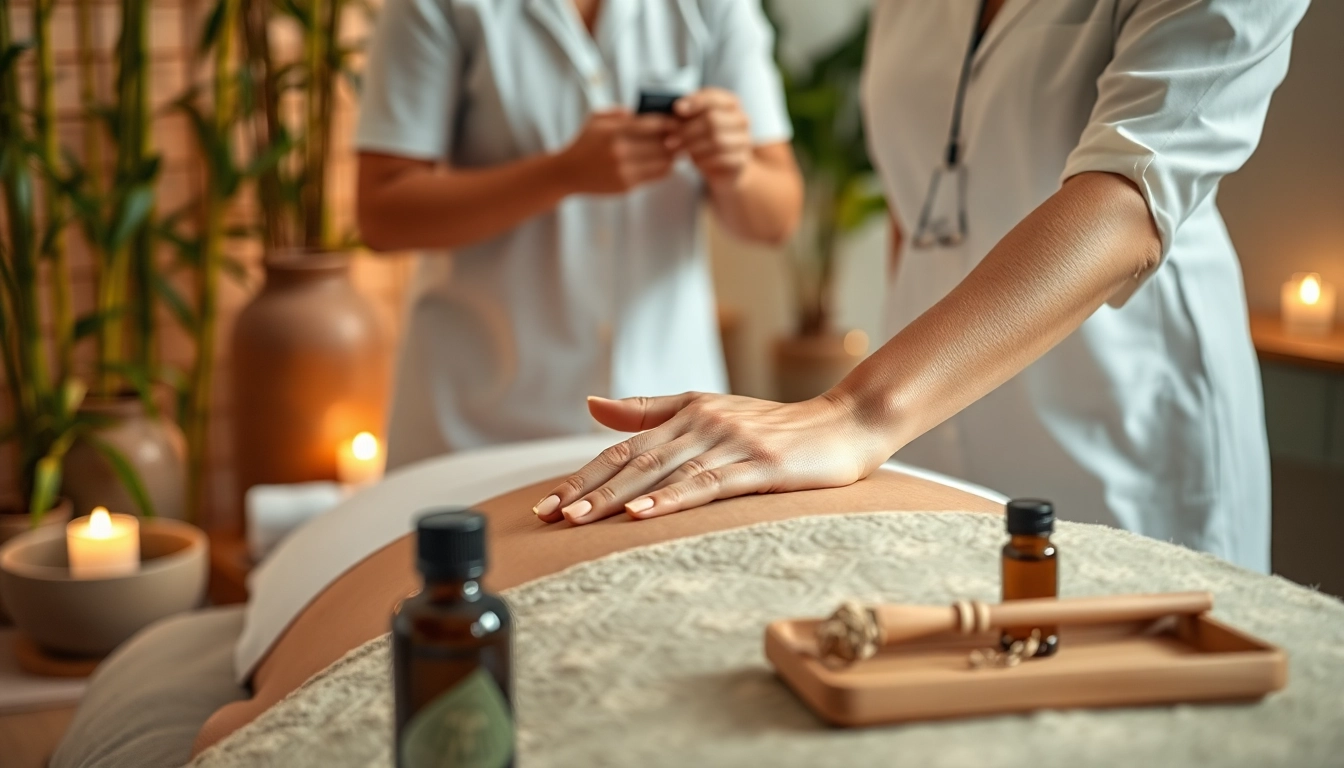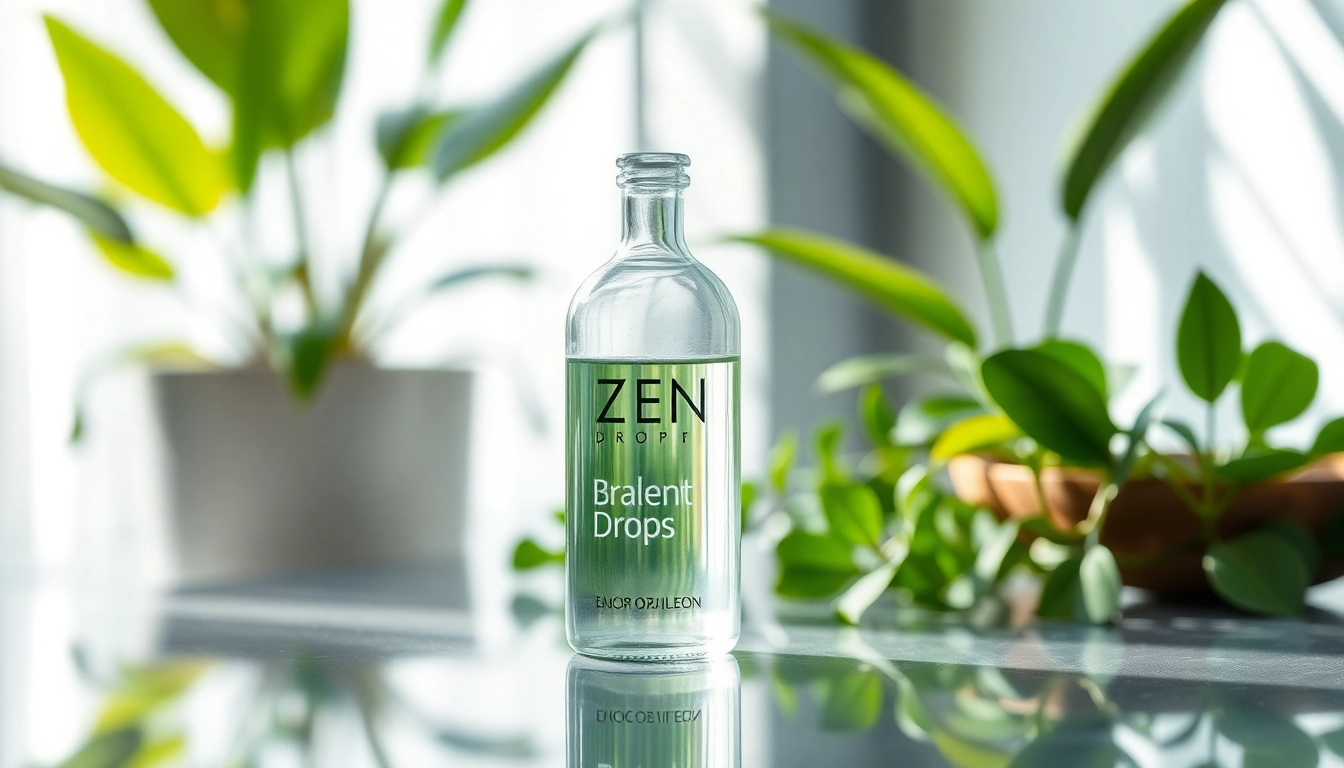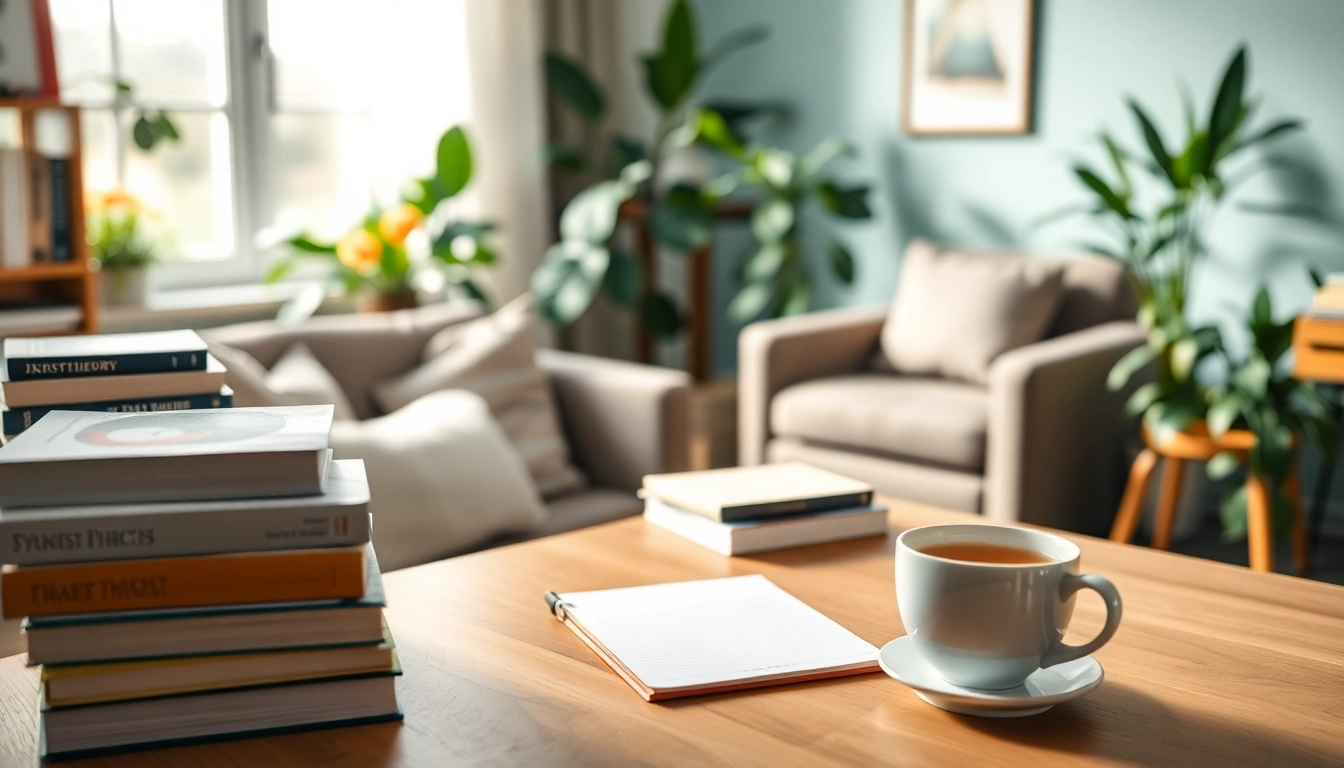Understanding Anxiety: Causes and Symptoms
What is Anxiety? An Overview
Anxiety is a natural psychological response characterized by feelings of tension, worried thoughts, and physical changes like increased blood pressure. It is an essential emotional response that alerts us to potential danger, supports better survival, and helps in coping with stress. However, when anxiety becomes chronic or excessive, it can develop into an anxiety disorder, impacting daily functioning and overall quality of life.
Common Symptoms of Anxiety Disorders
Symptoms of anxiety can vary significantly from person to person and can manifest in several ways. Primary symptoms include:
- Emotional Symptoms: These include feelings of apprehension or dread, tension, irritability, and restlessness.
- Physical Symptoms: Common physical reactions consist of rapid heartbeat, sweating, trembling, fatigue, headaches, and gastrointestinal issues.
- Cognitive Symptoms: Difficulty concentrating, mind going blank, and constant worrying are prevalent cognitive impairments associated with anxiety.
How Anxiety Affects Daily Life
Anxiety can have a profound impact on various aspects of a person’s daily life, including relationships and work. It may lead to avoidance behavior where individuals shy away from situations that might trigger anxiety, adversely affecting their occupation and social interactions. Moreover, chronic anxiety can culminate in severe health issues, such as hypertension, depression, and substance abuse. Understanding these multifaceted impacts highlights the importance of effectively dealing with anxiety.
Coping Strategies for Dealing with Anxiety
Practical Relaxation Techniques
Incorporating relaxation techniques into daily routines can significantly reduce anxiety levels. Some effective methods include:
- Deep Breathing Exercises: Practicing deep and slow breathing techniques can ease stress by promoting oxygen flow and relaxation.
- Progressive Muscle Relaxation (PMR): This involves tensing and then relaxing different muscle groups, which helps alleviate physical tension associated with anxiety.
- Visualization Techniques: Imagining a calm and peaceful scenario can reduce anxiety and body tension.
Incorporating Mindfulness into Daily Routines
Mindfulness involves being fully present and engaged in the moment without judgment. This can foster a greater sense of calm and help reduce feelings of anxiety. Strategies for incorporating mindfulness include:
- Mindfulness Meditation: Investing a few minutes each day in guided meditation can train your mind to focus on the present moment.
- Mindful Eating: Paying attention to the experience of eating can enhance enjoyment and reduce anxiety-triggering distractions.
- Daily Mindfulness Practices: Even simple activities like walking or showering can become opportunities to practice mindfulness when you consciously focus on the experience.
Building a Support Network for Anxiety Management
Establishing a strong support network can be instrumental in managing anxiety. This network may include friends, family, support groups, or mental health professionals. Engaging with others can provide:
- Emotional Support: Sharing feelings with trusted individuals can lighten the emotional load.
- Practical Assistance: Friends or family can help identify anxiety triggers and develop coping strategies together.
- Accountability: Being part of a group can encourage adherence to wellness routines, such as exercise or meditation.
Therapeutic Approaches to Address Anxiety
Cognitive Behavioral Therapy (CBT): What You Need to Know
Cognitive Behavioral Therapy (CBT) is a widely recognized and effective treatment for anxiety disorders. CBT focuses on identifying and challenging negative thought patterns and behaviors that contribute to anxiety. Key components include:
- Identifying Triggers: Understanding what specific thoughts or situations increase anxiety is critical for addressing them effectively.
- Developing Coping Strategies: Learning healthier thinking patterns and coping strategies can minimize the impact of anxiety.
- Behavioral Activation: Engaging in activities that increase positive emotions or engagement can help counteract avoidance behaviors.
Medication Options for Severe Anxiety
For some individuals, medication may be necessary to manage severe anxiety. Common classes of medications include:
- Antidepressants: Selective serotonin reuptake inhibitors (SSRIs) are often prescribed to alleviate anxiety symptoms.
- Benzodiazepines: These medications can be used for short-term relief but carry a risk of dependence.
- Beta-blockers: Primarily used for heart conditions, these can help manage physical symptoms related to anxiety.
Consulting a healthcare provider is essential for determining the appropriate medication and dosage tailored to individual needs.
Alternative Therapies Worth Considering
In addition to traditional therapies, some alternative approaches may provide relief from anxiety:
- Acupuncture: This traditional Chinese medicine technique may help relieve anxiety through the stimulation of specific points in the body.
- Aromatherapy: Essential oils like lavender and chamomile can promote relaxation and are often used in conjunction with other therapies.
- Yoga and Tai Chi: These practices promote physical movement and mindfulness, which can greatly reduce stress and anxiety levels.
Lifestyle Changes to Reduce Anxiety
The Role of Nutrition in Managing Anxiety
Diet plays a significant role in mental health. Consuming a balanced diet rich in vitamins and minerals can influence overall mood and anxiety levels. Key dietary considerations include:
- Complex Carbohydrates: Foods like whole grains can temporarily increase serotonin levels, which helps promote calmness.
- Omega-3 Fatty Acids: Found in fatty fish, walnuts, and flaxseeds, omega-3s are linked to improved mental health.
- Hydration: Staying well-hydrated is crucial for mental clarity and emotional stability.
Exercise: A Natural Antidote to Anxiety
Regular physical activity is one of the most effective ways to reduce anxiety symptoms. Exercise promotes the release of endorphins, chemicals in the brain that act as natural painkillers and mood elevators. Benefits of exercise include:
- Reduced Stress Hormones: Exercise can lower levels of the body’s stress hormones, including adrenaline and cortisol.
- Improved Sleep: Physical activity can improve sleep quality, which is often affected by anxiety.
- Structured Routine: Establishing a workout schedule can help provide a sense of structure and control.
Sleep Hygiene Tips for Better Mental Health
Good sleep hygiene is vital for managing anxiety. Poor sleep can exacerbate anxiety symptoms, creating a vicious cycle. Tips for promoting better sleep include:
- Consistent Sleep Schedule: Going to bed and waking up at the same time every day can help regulate your body’s internal clock.
- Create a Restful Environment: Ensure your bedroom is conducive to sleep, being cool, dark, and quiet.
- Limit Screen Time: Reducing exposure to screens before bed can minimize disruptions to sleep patterns.
Long-Term Strategies for Sustaining Mental Wellness
Setting Realistic Goals for Yourself
Setting and pursuing realistic goals is a powerful way to counteract anxiety. Achieving these goals can enhance self-esteem and provide satisfaction. Effective goal-setting involves:
- S.M.A.R.T. Goals: Ensure that your goals are Specific, Measurable, Achievable, Relevant, and Time-bound
- Breaking Goals into Smaller Tasks: Dividing larger objectives into manageable steps can make the process less overwhelming.
- Celebrating Small Wins: Acknowledging and celebrating progress, no matter how small, reinforces a positive mindset.
Monitoring Triggers and Symptoms Over Time
Regularly assessing your anxiety triggers and symptoms can help you understand patterns and responsiveness to coping strategies. Consider maintaining:
- A Journal: Write down instances when you experience anxiety, including what triggered it and the coping methods used.
- Mindfulness Practice: Engage in continuous mindfulness exercises to stay attuned to your feelings and behaviors.
- Sharing Insights: Discussing findings with a therapist or coach can help refine coping strategies.
When to Seek Professional Help
Despite best efforts to manage anxiety independently, professional help may be necessary when symptoms become debilitating. Indications for seeking help include:
- Interference with Daily Life: If anxiety starts to hinder your ability to perform daily tasks or fulfill responsibilities.
- Self-Detrimental Behaviors: Engaging in harmful behaviors, including substance abuse, as a means to cope with anxiety.
- Feelings of Hopelessness: Persistent feelings of hopelessness, helplessness, or despair necessitate immediate consultation with a mental health professional.




